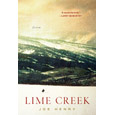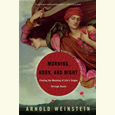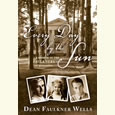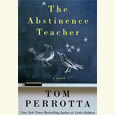Discovering the Story by Writing It
August 22, 2011 In a conversation about his acclaimed novel The Typist, UTK creative-writing professor Michael Knight talks with Chapter 16 about taking on history, the Southern literary tradition, and living with a Roll Tide heart in Volunteer country. Knight will discuss The Typist at Union Ave. Books in Knoxville on August 27 at 6 p.m.









